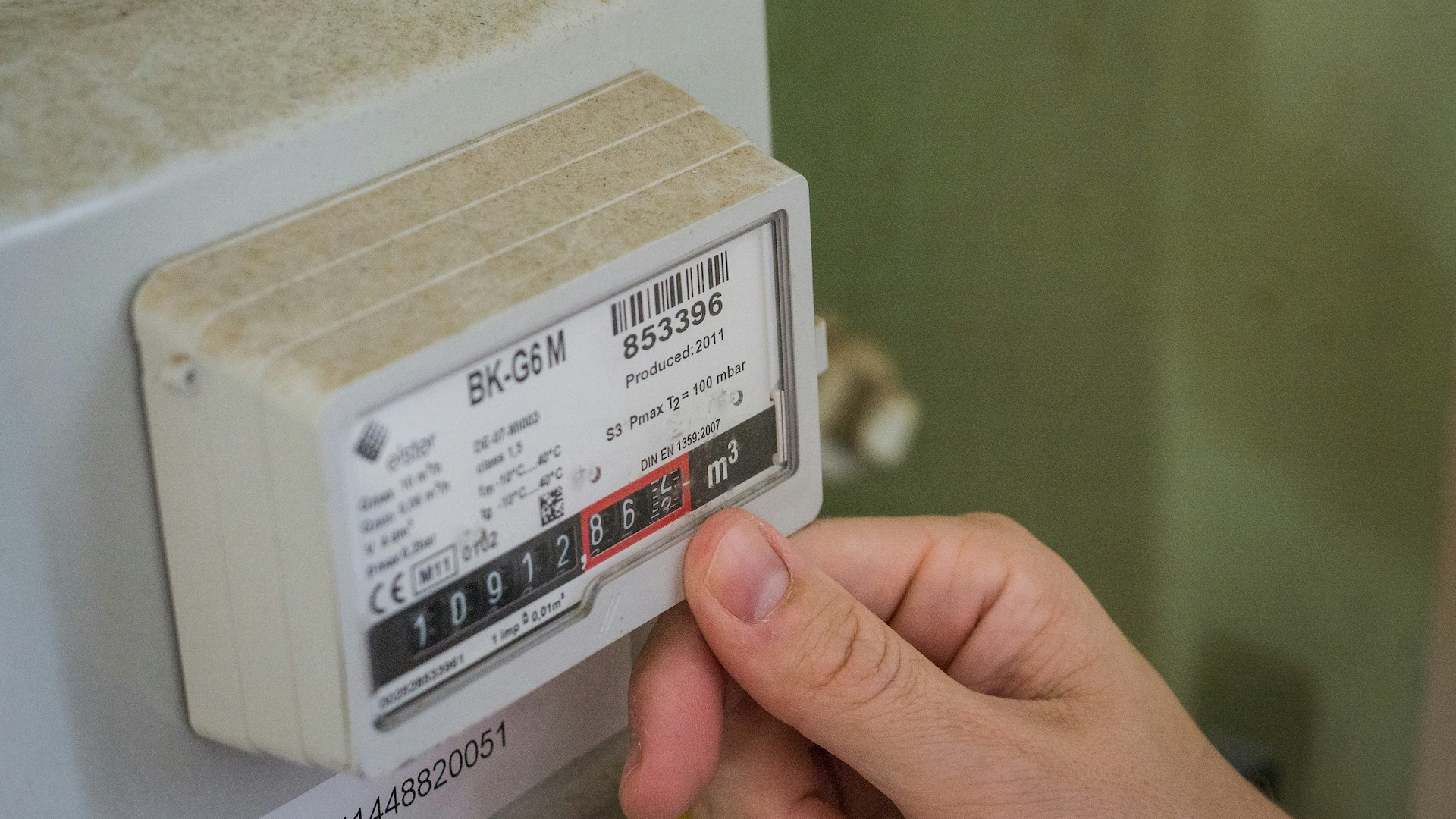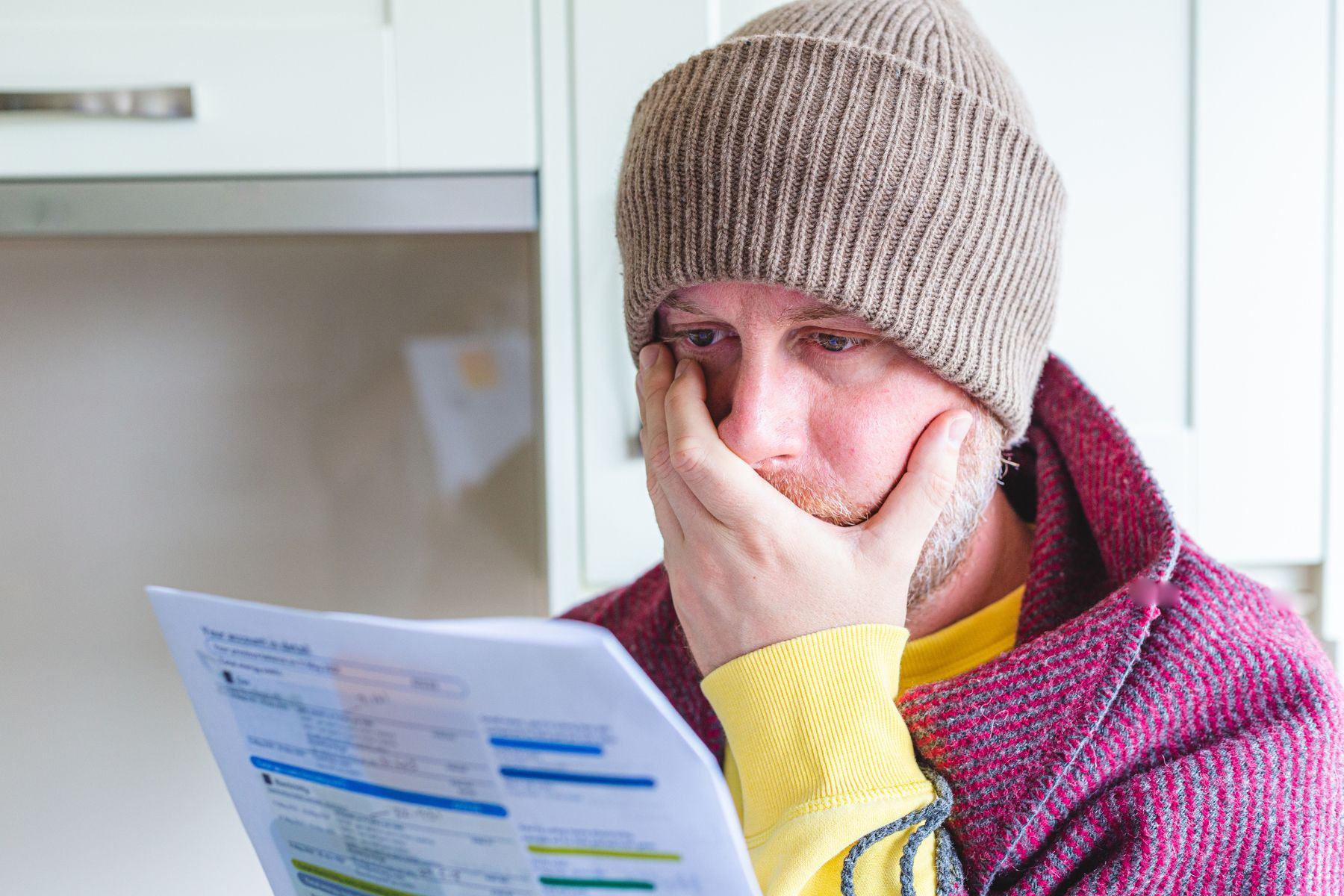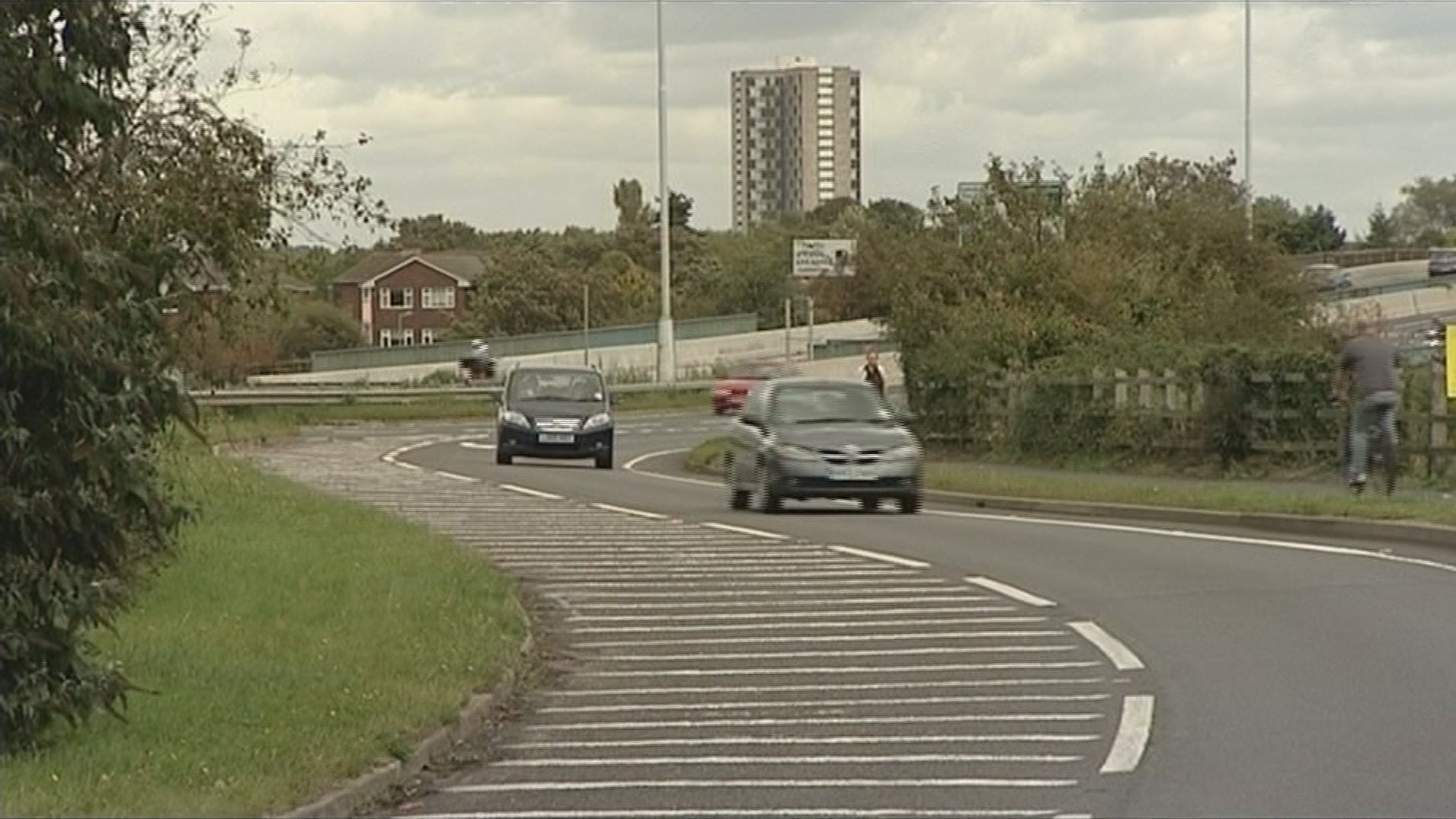The Energy Bill Surge and How to Protect Your Wallet This Winter
The winter months are set to bring higher-than-average bills as Ofgem's energy price cap increases. From October until the end of January, the cap will increase by 10 per cent to £1,717. This rise comes after two consecutive price drops since April and at a time when temperatures are starting to drop, making it a challenging time for UK households.
The price increase will likely lead to more energy use to heat homes, coupled with the higher cost of energy. While this news may be unwelcome for households already struggling with high costs, experts offer several options to help reduce energy bills this winter.
Locking in Fixed Prices
One crucial step is to act swiftly. Money expert Martin Lewis recommends locking into a fixed price before the price increase next week, potentially saving hundreds on bills. He recommends several providers offering the cheapest standalone energy fixes for 12 months.
Support from Energy Suppliers
Beyond fixed prices, energy suppliers offer support for those struggling with their bills. Examples include Scottish Power, EDF, E.ON, and Octopus. British Gas also offers a grant of up to £2,000 to customers of any energy provider.
EDF Energy offers certain customers free energy on Sundays when they sign up to its ‘Sunday Saver’ challenge. This involves shifting electricity usage away from ‘peak hours’, with 10 per cent less usage earning four free hours, for example.
Government Support Schemes
Several government support schemes are available for low-income households or those receiving certain benefits. The household support fund, delivered by local authorities, is designed to help vulnerable people living in any given area. Residents are advised to contact their council to find out what's available.
For those over the pension age (66+), the winter fuel payment provides £150 towards energy bills. Previously available to all pensioners, it is now only paid to those claiming pension credit. The DWP advises all pensioners receiving under £218.15 a week to check their eligibility for the benefit.
Meter Readings: A Key to Accuracy
Industry specialists are urging households to take and submit accurate gas and electricity meter readings on October 1, the date when price cap tariffs are set to increase. Failure to do so could result in overpaying for both October and potentially part of September.
Price comparison website uSwitch warned that a failure to do so could see millions of people charged the new higher tariff for both October and part or all of September, so leaving them out of pocket.
Submitting Your Meter Reading
The price difference for one week's energy usage between the rates of October and September is £18.81 per household, amounting to £186 million across the UK. If the new October tariff were applied to the entirety of September, it would mean an additional charge of £75.24 per household.
To avoid the higher price cap, households on standard variable tariffs (SVTs) without a smart meter should record and submit their meter readings before October 1st. Those who fail to submit meter readings around October 1st risk having their usage estimated and possibly charged under the higher rates.
Considering Fixed Rate Deals
Households are encouraged to consider looking for a new fixed-rate deal after several energy firms introduced new tariffs set below the new price cap. These could result in annual savings of approximately £140-£150.
Ben Gallizzi, an energy expert at Uswitch.com, commented: "With energy prices rising next week, it's crucial that households submit a meter reading, with a £19 difference between the cost of a week's energy at September's prices compared with October. "A fixed tariff could help households avoid peak winter rates and give financial stability for at least a year. Some of these deals are up to 7 percent below the predicted October price cap."
Energy Bill Checklist
- Check your meter readings are up to date. If you don't have a smart meter, submit your latest readings on or around 1 October to ensure you're charged the correct amount for the gas and electricity you've used. You should regularly submit meter readings to avoid over or underpaying on your bill.
- Track your usage. It's worth monitoring how much energy you're using by downloading the free Uswitch app. The app connects to your smart meter and offers regular insights into your household energy usage and handy energy-saving tips.
- Consider switching your energy tariff. With energy rates set to increase from October, it's an ideal time to evaluate your options and secure lower rates. Currently, there are several reasonably priced fixed tariffs available on the market.
Don't Wait, Act Now!
With the energy price cap rising and winter approaching, it's crucial to take proactive steps to protect your finances. By locking in fixed prices, taking advantage of available support, and submitting your meter readings on time, you can navigate the winter months with greater financial control.



















